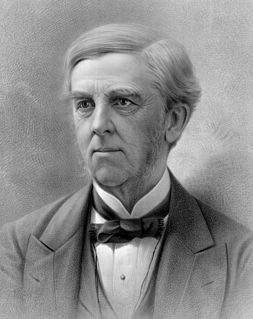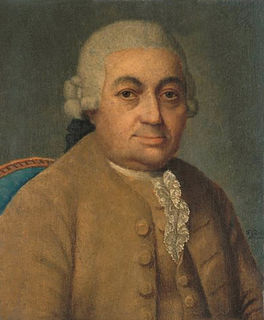A Quote by Charles Spurgeon
I do not believe there ever was a man who was his own master, but that every man has a master of some kind or other.
Related Quotes
The real master is only a presence. He has no intentions of being a master. His presence is his teaching. His love is his message. Every gesture of his hand is pointing to the moon. And this whole thing is not being done, it is a happening. The master is not a doer. He has learned the greatest secret of life: let-go. The master has drowned his ego and the idea of separation from existence itself.
Some would define a servant like this: 'A servant is one who finds out what his master wants him to do, and then he does it.' The human concept of a servant is that a servant goes to the master and says, 'Master, what do you want me to do?' The master tells him, and the servant goes off BY HIMSELF and does it. That is not the biblical concept of a servant of God. Being a servant of God is different from being a servant of a human master. A servant of a human master works FOR his master. God, however, works THROUGH His servants.
A young apprentice applied to a master carpenter for a job. The older man asked him, "Do you know your trade?" "Yes, sir!" the young man replied proudly. "Have you ever made a mistake?" the older man inquired. "No, sir!" the young man answered, feeling certain he would get the job. "Then there's no way I'm going to hire you," said the master carpenter, "because when you make one, you won't know how to fix it.




































